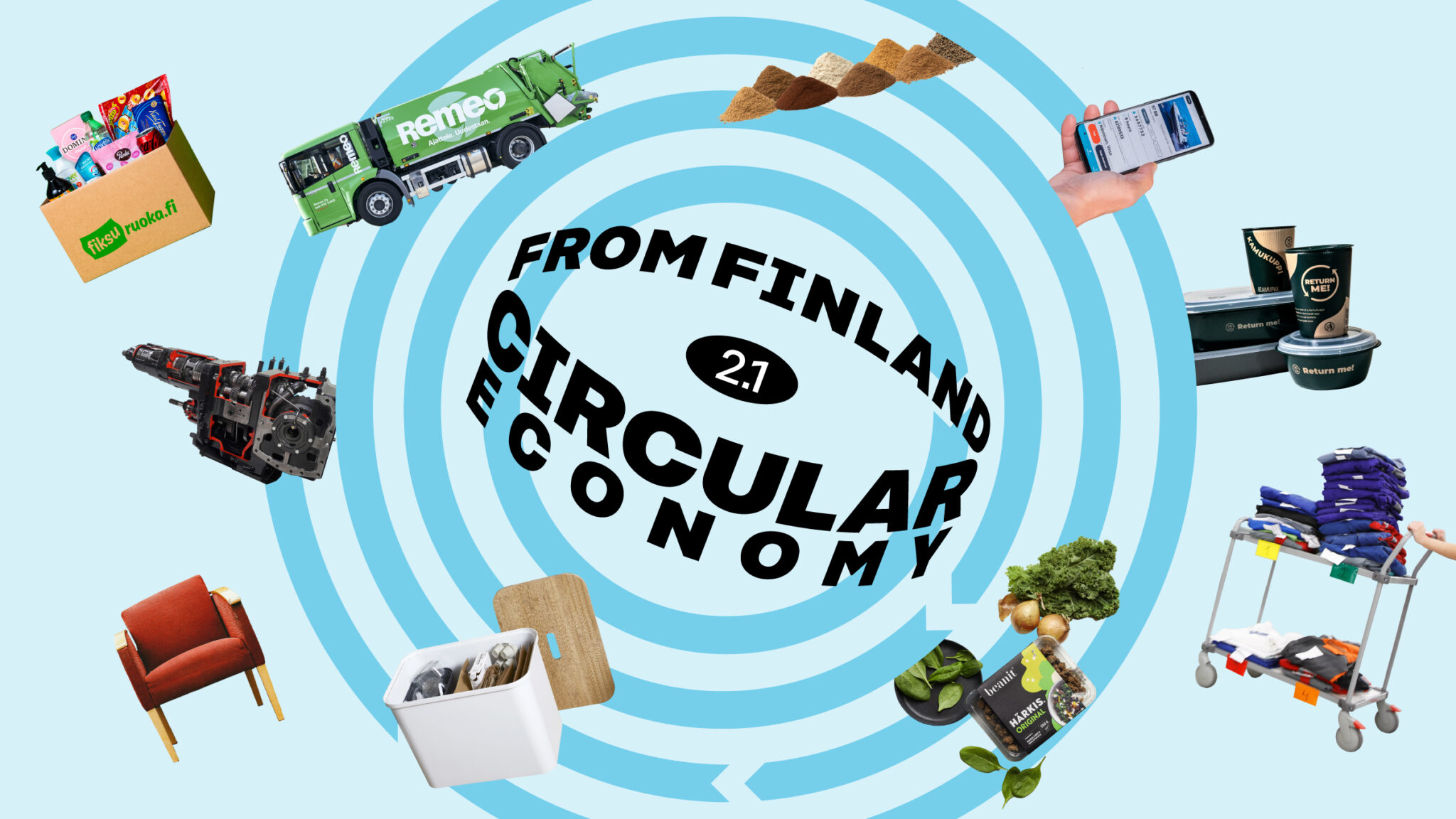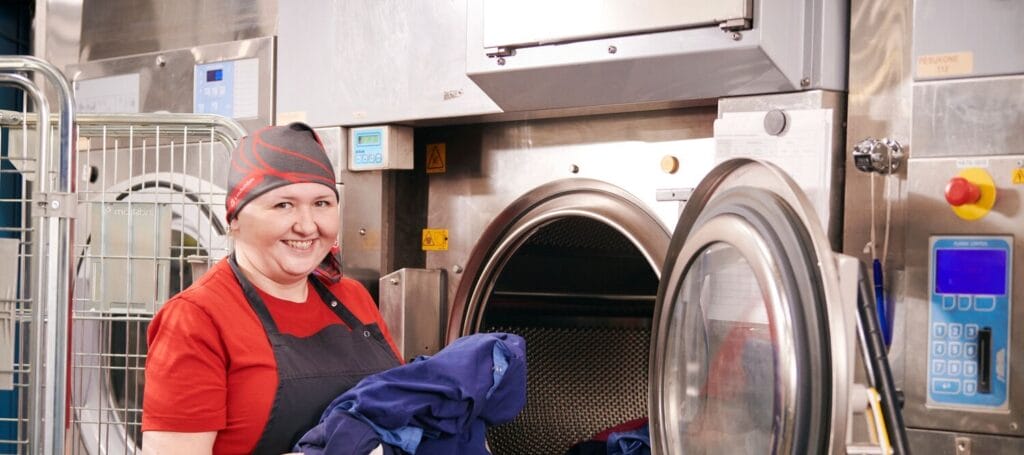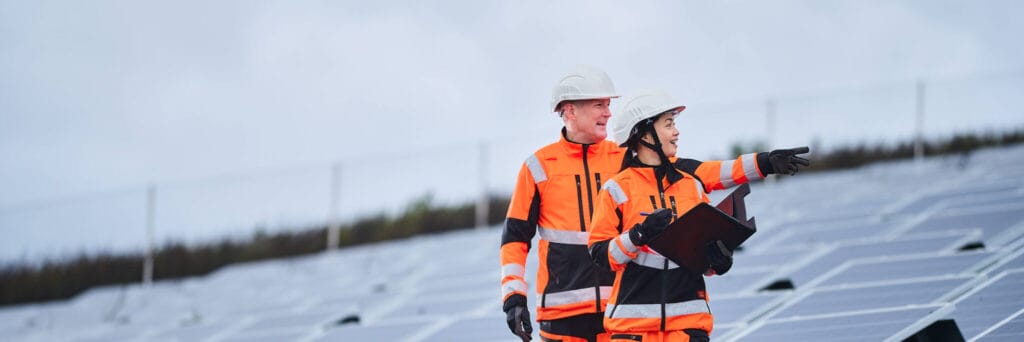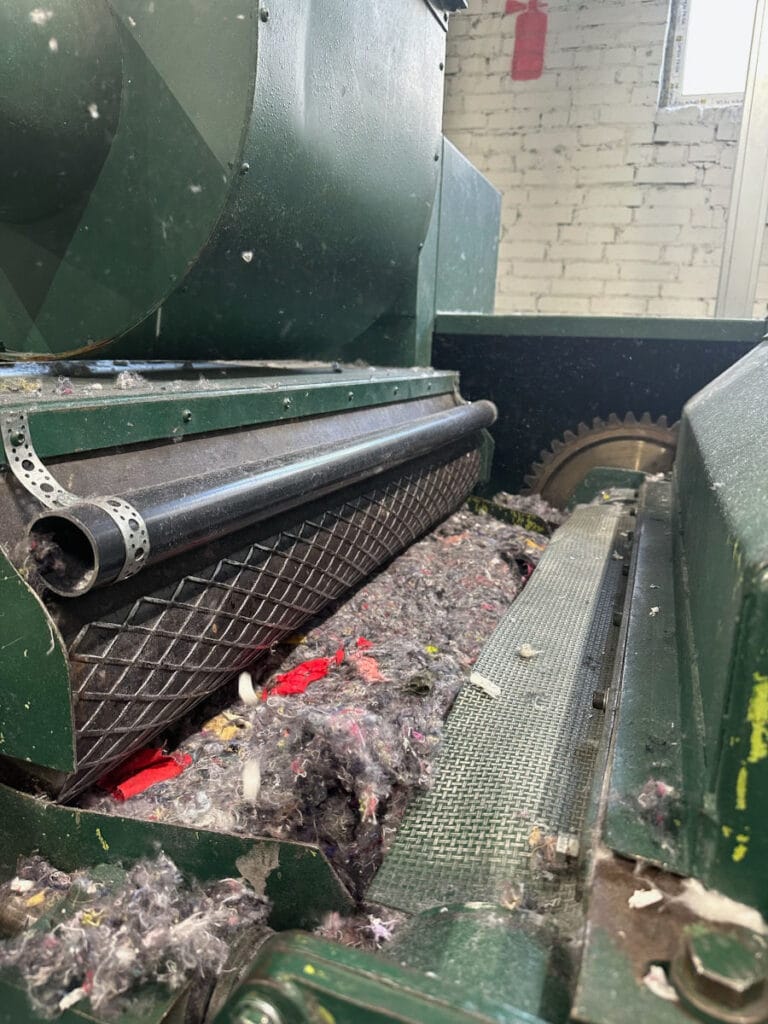
Sitra lists Lindström as forerunner in circular economy
The list of the most interesting companies in the circular economy in Finland 2.1. consists of 41 companies that are forerunners in circular economy solutions solving global climate crises. The selection criteria included appeal, the potential for stable business and scalability of the circular economy solution, as well as the impact from the perspective of the circular economy.
Sitra is an independent Finnish innovation fund that operates under the supervision of Finnish Parliament. A panel of circular economy experts from Sitra and its stakeholders selected the companies from 168 applicants. Sitra wants to highlight that this is not a list of the best or the most important companies, but rather the most interesting ones from the circular economy perspective.
Lindström’s workwear service first made it to the list in 2017, the year Sitra started publishing it. Over the years, circular economy has grown from an operation of a few pioneering companies to a profitable business. According to the expert panel, Lindström is a pioneer in providing workwear and textiles as a service. It is an operation running on consistent, efficient efforts to conform with circular economy principles and recycle 100% of its products.
“We are very happy about this acknowledgement of our long-standing hard work behind our sustainable textile rental services,” shares Anna-Kaisa Huttunen, Lindström’s Senior Vice President of Ecosystem & Sustainability.
The whole business is based on circular economy
Business textiles as a service produces a significantly smaller carbon footprint compared to other operating models. Sustainability guides all phases of our service process – from designing to maximum lifetime to recycling the textile waste at the end of life. Textile waste is minimised by repairing and reusing the garments, and overproduction is tackled by producing on-demand and monitoring textile usage with digital services. Textiles are maintained with minimal water and energy consumption, and both routes and truckloads are optimised in customer deliveries.
“We operate with the same principles in all of our 24 countries of operation. We want to leave zero burden on the environment by reducing overproduction and conserving natural resources,” notes Huttunen.
Building ecosystems around circular economy
We now have 14 partners globally that help us recycle the textile waste where it is generated. Our goal is to recycle 100% of textile waste by 2025. We believe that the best way to build circular economy solutions is to become part of the right ecosystems and form strategic partnerships with other companies.
“It was great to see that Rester, our key recycling partner, also made it to Sitra’s most interesting companies in circular economy. Almost 100% of our workwear textiles in Finland and the Baltics will be recycled through them for different applications, including yarn, back to the textile industry,” Huttunen points out.
Sitra believes global transition towards a carbon-neutral circular economy could provide excellent opportunities for Finnish companies to solve the greatest challenges of our time. With the annual publication of its list of stand-out circular economy-friendly companies, Sitra wants to encourage other Finnish companies to develop their circular economy business solutions and expand their businesses to new areas.






